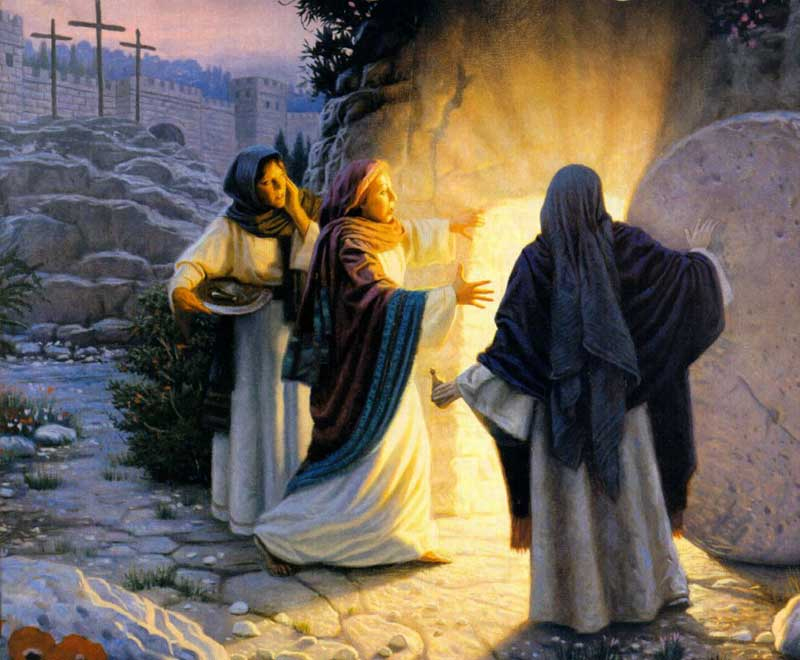Christian Art | Prayer With Jesus | Psalms | Praise For God’s Care For Jerusalem | King David As A Boy | Audio KJV | Love Revealed By Jesus Christ | King James Audio Bible
Psalm 147 | King James Audio Bible
YouTube: Psalm 147 KJV | King James Audio Bible | Word Aloud
Psalm 147 begins with an instruction: ‘Praise ye the LORD: for it is good to sing praises unto our God; for it is pleasant; and praise is comely.’ This command introduces a composition that details God’s interactions with the world and His people, grounding the act of praise in observable actions and attributes of God.
The psalm describes God’s activities in restoration and healing, noting, ‘The LORD doth build up Jerusalem: he gathereth together the outcasts of Israel. He healeth the broken in heart, and bindeth up their wounds.’ These verses point to God’s engagement with both the community through the rebuilding of Jerusalem and individuals by healing their afflictions.
God’s sovereignty over creation is affirmed with, ‘He telleth the number of the stars; he calleth them all by their names.’ This statement emphasizes God’s omnipotence and omniscience, showcasing His control over the cosmos.
The psalm also details God’s provision for the earth, stating, ‘Who covereth the heaven with clouds, who prepareth rain for the earth, who maketh grass to grow upon the mountains.’ This provision extends to all living creatures, as ‘He giveth to the beast his food, and to the young ravens which cry.’
A distinction is made regarding the objects of God’s pleasure: ‘He delighteth not in the strength of the horse: he taketh not pleasure in the legs of a man.’ Instead, God’s favour is towards those who fear Him and hope in His mercy, highlighting a relationship based on reverence and hope rather than physical might.
The psalm then turns to God’s blessings upon Jerusalem and Zion, illustrating God’s protection and provision for His people: ‘He hath strengthened the bars of thy gates; he hath blessed thy children within thee.’
The control of God over the natural order is depicted with, ‘He sendeth forth his commandment upon earth: his word runneth very swiftly.’ This control is further illustrated through the changing seasons and weather, demonstrating God’s power.
The psalm concludes by reaffirming the unique relationship between God and Israel, noting the exclusive revelation of His laws and judgments to them: ‘He sheweth his word unto Jacob, his statutes and his judgments unto Israel.’
Psalm 147, through its verses, presents a comprehensive portrait of God as Creator, Healer, Provider, and Lawgiver, using direct quotations to highlight the reasons for and the importance of praise. The psalm encapsulates a call to recognize and celebrate God’s presence and actions in the world, emphasizing a theology of gratitude and the duty of acknowledging God’s manifold gifts and acts.

![]()
Psalm 147 | King James Audio Bible
Praise ye the LORD: for it is good to sing praises unto our God; for it is pleasant; and praise is comely.
The LORD doth build up Jerusalem: he gathereth together the outcasts of Israel.
He healeth the broken in heart, and bindeth up their wounds.
He telleth the number of the stars; he calleth them all by their names.
Great is our Lord, and of great power: his understanding is infinite.
The LORD lifteth up the meek: he casteth the wicked down to the ground.
Sing unto the LORD with thanksgiving; sing praise upon the harp unto our God:
Who covereth the heaven with clouds, who prepareth rain for the earth, who maketh grass to grow upon the mountains.
He giveth to the beast his food, and to the young ravens which cry.
He delighteth not in the strength of the horse: he taketh not pleasure in the legs of a man.
The LORD taketh pleasure in them that fear him, in those that hope in his mercy.
Praise the LORD, O Jerusalem; praise thy God, O Zion.
For he hath strengthened the bars of thy gates; he hath blessed thy children within thee.
He maketh peace in thy borders, and filleth thee with the finest of the wheat.
He sendeth forth his commandment upon earth: his word runneth very swiftly.
He giveth snow like wool: he scattereth the hoarfrost like ashes.
He casteth forth his ice like morsels: who can stand before his cold?
He sendeth out his word, and melteth them: he causeth his wind to blow, and the waters flow.
He sheweth his word unto Jacob, his statutes and his judgments unto Israel.
He hath not dealt so with any nation: and as for his judgments, they have not known them. Praise ye the LORD.

![]()
Psalm 147 | King James Audio Bible
- Praise As A Fitting Response: The imperative to praise God for His inherent goodness and the pleasantness of worship.
- Restoration And Gathering: God’s action in rebuilding Jerusalem and gathering the exiles of Israel.
- Healing And Care: God’s attention to individuals, healing the brokenhearted and binding their wounds.
- Sovereignty Over Creation: God’s knowledge of the stars and control over the cosmos, illustrating His omnipotence and omniscience.
- Provision For All Life: God’s sustenance provided to both the earth and its creatures, showcasing His role as the provider.
- Value In Reverence And Hope: God’s delight in those who fear Him and hope in His mercy, rather than in physical strength.
- Protection And Blessing For His People: God’s specific blessings upon Jerusalem and Zion, emphasizing His protection and provision.
- Control Over Natural Order: The demonstration of God’s command over the elements, affecting weather and seasons.
- Unique Relationship With Israel: The specific revelation of God’s laws and judgments to Israel, highlighting a special covenant relationship.
- Call To Continuous Praise: The concluding reiteration of praise to God, acknowledging His unmatched greatness and the depth of His care.

![]()








